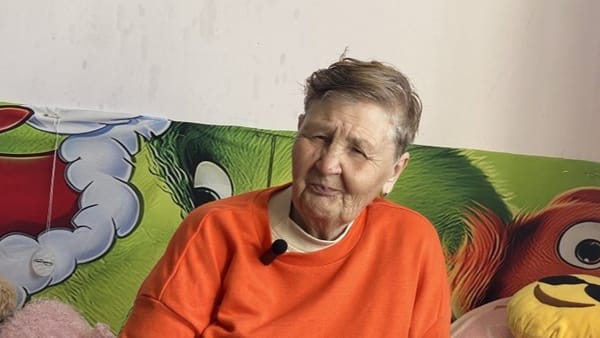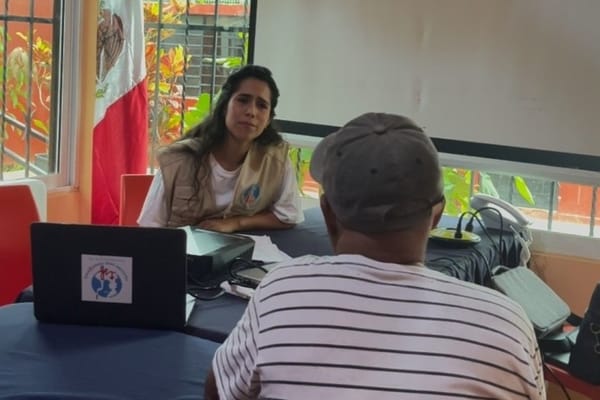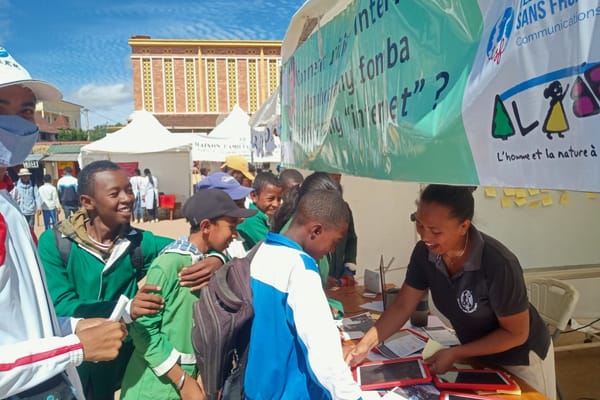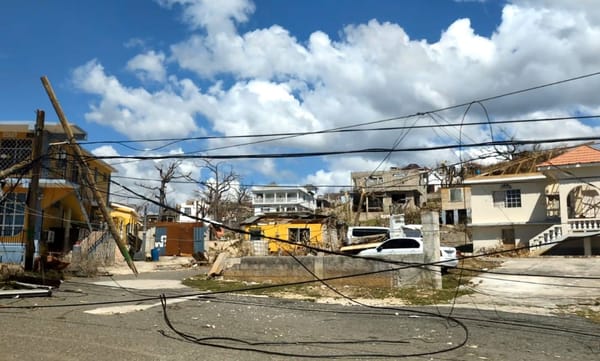Welcome to issue 108 of the Call to Comms!
This week, we focus on Hurricane Melissa and TSF’s response in Jamaica.
TSF Mobilized to Meet Communications Needs After the Hurricane
On October 28th, Hurricane Melissa hit Jamaica as a Category 5 storm, the highest on the Saffir-Simpson scale, with winds reaching up to 280 km/h. Melissa is considered the most powerful hurricane to ever hit Jamaica since weather records began.

The hurricane, along with the landslides and floods that followed, caused severe damage: at least 28 people were reported dead, and homes and public infrastructure were destroyed. Communications and power infrastructures have been impacted, making it difficult for affected communities to call for help and reach their loved ones, and for organizations to respond to the crisis. The damage is very extensive in the western part of the island.
Working in collaboration with the Jamaican Red Cross and other humanitarian organizations, TSF has started providing connectivity in coordination centers. TSF is integrated into regional humanitarian networks, thanks to alliances forged through capacity-sharing projects, joint disaster response efforts, and currently, an Internet resilience project with partners such as the Jamaican Red Cross.

The field team connected two Jamaican Red Cross branches: one center in Santa Cruz, St. Elizabeth, and another in Savanna-La-Mar, Westmoreland. Connectivity in these centers is used for coordination purposes – it is particularly necessary for organizing distributions, communicating damage and needs assessments to headquarters in Kingston, etc. This internet access is shared among humanitarian organizations and affected communities.
The team will continue to respond to the crisis, planning to connect additional centers and address communication needs as they evolve.
“Connectivity is important because it connects loved ones. Without the Wi-Fi, people cannot have confirmation that people are ok.”
- Michelle, a community member in Santa Cruz.
See you in two weeks.













Member discussion